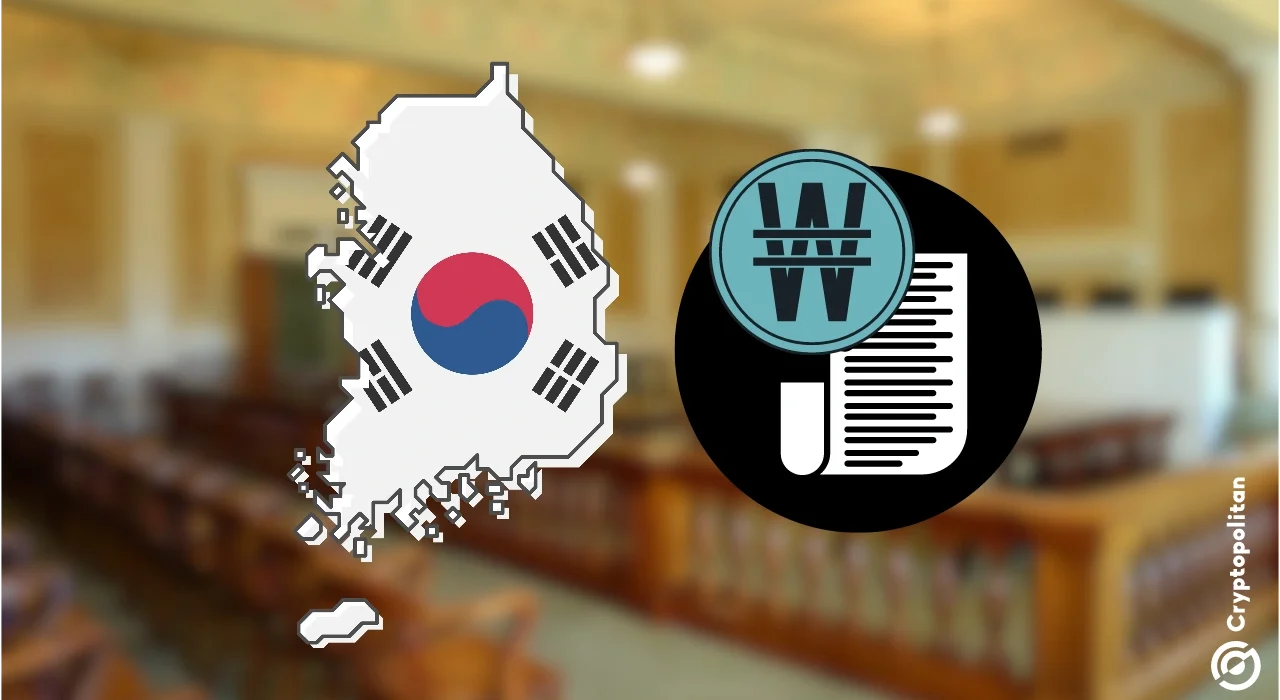Former South Korean Democratic Party lawmaker Kim Nam-guk was acquitted in his first trial on charges of filing false asset reports to conceal virtual asset investment revenues amounting to 9.9 billion won ($6.8 million). The ruling was handed down by Judge Jung Woo-yong of the Seoul Southern District Court on February 10, as reported by Korean local news outlet Maeil Business.
In a session that took place at around 2:00 pm South Korean time, the court dismissed charges of obstructing the execution of hierarchical affairs, ruling that Kim had no legal obligation to disclose cryptocurrency holdings under the Public Service Ethics Act in force at the time.
“According to the law then in effect, virtual assets were not included in the property subject to registration, so it is difficult to say that the defendant was obligated to register them,” Judge Jung stated.
Kim triumphs over allegations of concealing crypto transactions
In mid-December 2024, the lawyer turned politician was accused of deliberately transferring deposits from his virtual asset accounts to bank accounts just before the annual property declaration deadline on December 31 for the years 2021 and 2022.
Prosecutors claim he planned the transactions to maintain asset figures comparable to previous years. Then he used the remaining funds to buy other crypto coins. This, they claimed, was intended to obstruct the asset review process conducted by the National Assembly’s Ethics Committee for Public Officials.
However, the court found that such transactions did not constitute an illegal act of interference. “It is difficult to say that transactions made just before the reporting deadline invalidate the reality of property changes at the time of registration,” Judge Jung explained.
The court also noted that while some property disclosures may have been incomplete or inaccurate, they did not appear to involve unregistered major assets that required further scrutiny.
Following the verdict, Kim vehemently criticized the plaintiffs, arguing that the charges were politically motivated. “Virtual assets related to obstruction of the execution of public affairs are not legally required to be reported,” Kim asserted.
He told reporters that if his actions constituted obstruction, then all 30 lawmakers who invested in crypto should also face charges. “This was an unfair political prosecution, especially since lawmakers who truly hid assets were neither investigated nor prosecuted.”
Crypto tax regulations in South Korea
At the start of December last year, the South Korean government postponed its planned 20% tax on crypto gains until 2027. However, local tax agencies received the greenlight to seize digital assets from delinquent taxpayers.
On February 4, Gwacheon City unveiled a virtual asset electronic seizure system. It is set to go live in March and will help authorities track digital asset transactions and holdings from tax evaders.
Local news reports revealed that financial watchdogs within the city will begin full-scale seizures in the first half of the year. The city has already identified 361 individuals who collectively owe approximately 18.8 billion won ($12.9 million) in unpaid local taxes. Officials will cross-check their records with data from major domestic cryptocurrency exchanges to locate hidden funds.
Gwacheon City Tax Division Chief Kang Min-ah said the new measure “establishes tax justice” for noble citizens who pay their taxes with due diligence, and will ensure they are not “disadvantaged.”
Cryptopolitan Academy: FREE Web3 Resume Cheat Sheet – Download Now
